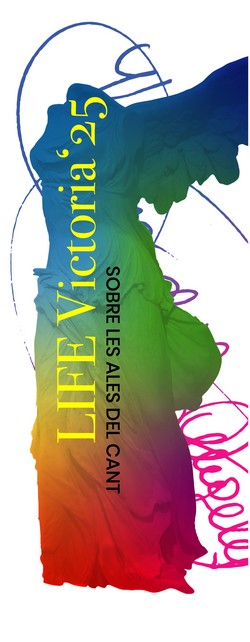- Details
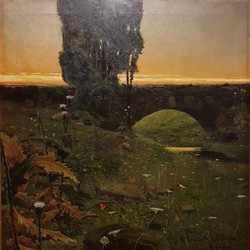
Imagine a beautiful village at the Empordà (not far away from Vilabertran) at that time when the benefits of bathing in sea were beginning to be appreciated. Imagine that that village, which has a very active harbour, also has an efficient railway connection to Girona. Finally, imagine that this village has an important industry that favours relations with Europe. All this speaks of a prosperous village, full of people that come and go, whether they are tourists or dealers on a bussiness trip. [...].
- Details
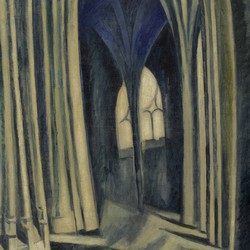
If I tell you that the poem that inspired this week's song was written by a Cistercian monk you might think of a religious or contemplative poem, but it's actually an earthly love poem; it appears that our monk, Cristóbal de Castillejo, led a life that didn't fulfilled the vows he had taken. [...]
- Details

Francis Poulenc composed the cycle Fiançailles pour rire just after the beginning of the World War II, and he did so because of the war. That's how he explained it: "Had it not been for the war I should doubtless never have written this cycle. I hasten to excuse myself for an assertion which at first glance may seem paradoxical. I composed Fiançailles pour rire so that I could more often turn my thoughts towards Louise de Vilmorin, imprisoned in her castle in Hungary for God knows how long. That was [...]
- Details
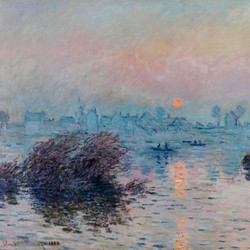
Agathe Backer was born in 1847 in Holmestrand, a small town in the Oslo fjord. She received the accurate musical training that every daughter from a wealthy and cultured family usually received; it was clear eventually that she was talented enough to pursue a career, and her parents accepted it and allowed her to travel to Berlin to study piano and composition; she was in Germany between 1865 and 1867. After returning, she made her debut at her twenty-one in Christiania (as Oslo was then [...]
- Details
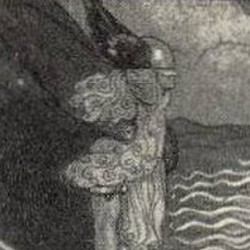
A Norse saga tells that before the kings Inge Bårdsson and Philipp Simonsson signed in 1208, in Kvitsøy, the treated that ended the civil war, the god Odin appeared to a blacksmith. The legend also says that the blacksmith himself told Philipp his encounter, and the king to someone else, and so the story passed from generation to generation.



